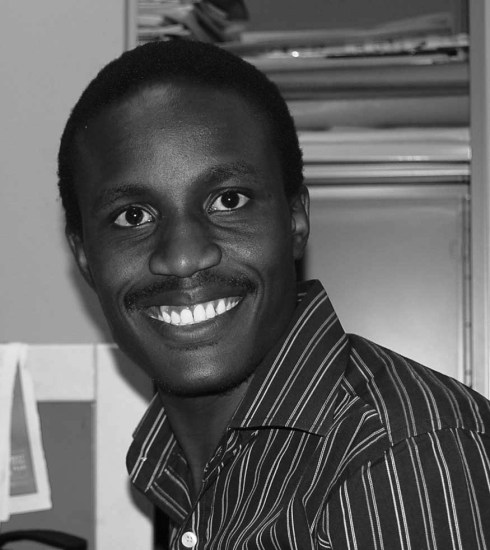The Caine Prize has been instrumental in
revitalizing African fiction, through both the prize and its annual creative
writing workshops in Africa. We must remind ourselves that twelve years ago it
seemed to be almost impossible for new African writers to get published beyond
the continent, and certainly not in the UK. I can now think of scores of
fiction writers published internationally in the past decade, many of whom have
been touched, in some way, by the Caine Prize and its workshops.
So this prize is more than just another
award that will sprinkle fairy dust on a single, lucky writer every year – it is a force for change; it heralds what
is new, excellent and exciting in short African fiction, which is usually a
stepping stone to the longer form – the novel. This is why the responsibility
involved in chairing this particular prize is greater than usual. There are
five of us judges from the Sudan, Zimbabwe, the UK and USA and we are currently
whittling down the entries. Who knows what stories will gain enough consensus
to make the shortlist, a consensus based on our shared understanding of what
constitutes top quality literature that, in my previous judging experience,
might not accommodate maverick writing and interests.
I’m looking for stories about Africa that
enlarge our concept of the continent beyond the familiar images that dominate
the media: War-torn Africa, Starving Africa, Corrupt Africa - in short: The
Tragic Continent. I’ve been banging on about this for years because while we
are all aware of these negative realities, and some African writers have
written great novels along these lines (as was necessary, crucial), isn’t it
time now to move on? Or rather, for other kinds of African novels to be
internationally celebrated. What other aspects of this most heterogeneous of
continents are being explored through the imaginations of writers?
I’m also looking for stories that display
a strong, original streak, a writer who has a narrative voice, command of craft
and ways of seeing that are different, fresh. I’d rather a story is provocative
and unsettling rather than familiar, safe and perfectly accomplished. Yet
risk-takers are rare. Among the submissions I’ve encountered a lot of
uninspired prose that feels so dated, so Middle England circa 1950s, even
though it might have been written in Central Africa in 2012. Luckily there are
a few adventurers too. But we need more experimentation and daring, stunning
image-makers and linguistic explorers who might, for example, infuse English
with an African language or syntax. Not necessarily pidgin, but perhaps
something else, something new – the English language (and forms) adapted,
mutated, re-invented to suit African perspectives and cultures.
The age-old question remains – are too
many African writers writing for the approval of non-African readerships, such
as the big, international markets in Europe and America? It is understandable,
of course, because these are the predominant publishing outlets. Certainly in
Britain the taste-makers are, almost without exception, not African in origin.
I ask myself - to what extent does published African fiction pander to received
notions about the continent, and at what cost? How might this contract the
imagination and reduce expectations for readers and writers alike.
For African fiction to remain more than a
passing fad on the world stage it needs to diversify more than it does at
present. What about crime fiction, science fiction, fantasy, horror, more
history, chick lit? To be as diverse as, for example, European literature and
its myriad manifestations. Imagine if the idea of ‘European Literature’ only
evoked novels about the holocaust, communist gulags and twentieth century
dictatorships. I’m looking forward to the time when the concept of ‘African
literature’ also cannot be defined; when it equates to infinite possibilities
and, as with Europe, there are thousands of disparate, published writers, with
careers at every level and reaching every kind of reader.







